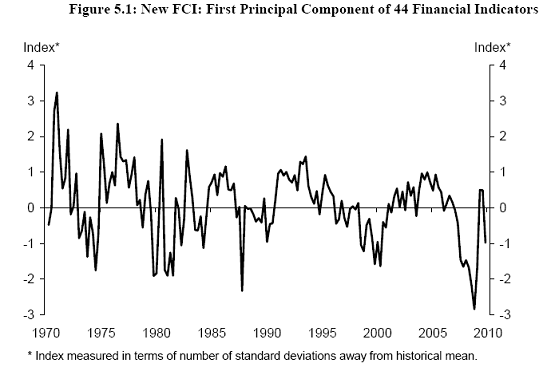Tydzień w gospodarce
Kategoria: Trendy gospodarcze
Znawca funduszy hedgingowych Daryl Montgomery dostrzegł ciekawe zdarzenie. Jego zdaniem wycofanie sie inwestorów z euro do dolara nie miało żadnego ekonomicznego sensu. Bo jak pisze Montgomery finanse publiczne Greków przypominają amerykańskie. Był jednak jego zdaniem powód, by przemilczeć te informacje w prasie finansowej. Co więcej, problem rozpoczął się dużo wcześniej.
Was supportive mainstream media coverage that helped the hedge funds make money just a convenient coincidence? (…) it was probably already underway by last November. (…) two internationally famous and globally well-connected uber-bears on the U.S. dollar suddenly became bullish at that time. Did they have access to information that the public didn’t? (…) The euro started trading down in early December. To conduct a thorough investigation, the Justice Department needs to look at trading records and emails (both subpoenaed in the probe) from well before that time. It also needs to look at any an all contacts with public relations firms and consultants, media outlets and employee activities that might have been used to influence both traditional and online media. The trading records are only part of the puzzle; efforts made at public relations support will fill in the rest of the picture.
Econbrowser zwraca uwagę na obszerny i smutny raport, chyba pierwszy przygotowany w oparciu o tak szerokie dane (analiza 44 różnych wskaźników finansowych), na temat odbicia gospodarczego. Autorzy: trzech profesorów związanych z uczelniami i dwóch specjalistow sektora prywatnego. Ich celem jest próba odpowiedzi na pytanie, jak będzie się rozwijać gospodarka po kryzysie. Warto poświęcić czas na przeczytanie 55 stron.
Of particular interest at the moment is the fact that the HHMSW index, unlike most other indicators, shows a renewed deterioration subsequent to the initial recovery in the first part of 2009, a somewhat surprising result given the current steeply-sloping yield curve, low TED spread, and booming stock market.
(…)the evolution of financial conditions since mid-2009 hasfallen short of past experience in the presence of a GDP rebound. In other words, anyimprovement of financial conditions was more than accounted for by the impact of pasteconomic growth. Consequently, the implications of current financial conditions for future growth appear somewhat less favorable than traditional FCIs (Financial Conditions Indexes) may imply.
Interesujący głos na blogu Eurointelligence, choć coraz częściej powtarzająca sie argumentacja co do euro, wykładowcy ze szkoły zarządzania w Berlinie. Henrik dr Enderlein dowodzi, że Grecja ani nie zbankrutuje, bo jej dług jest wysoki, ale nie miażdżący, ani nie jest też Lehmanem, którego upadek grozi zawaleniem się piramidy ukrywających się bankrutów. Nie. Grecja to raczej symptom sytuacji w strefie euro albo raczej samej natury systemu.
For the past ten years the currency union has wrongly signaled to itself that it could be successful without real instruments of economic policy co-ordination and without political union. The discussion on how to better cooperate has to start again – but against the background of a clear stance against Greece. The main signal of the EU should be that either both rights and duties are located at the European level – or that both stay at the national level. If we leave rights in the national context but shift duties to the European level then we weaken economic integration in the EU.
Paul Krugman wyjaśnia relacje między zaufaniem inwestorow, długiem i wysokością stóp procentowych.


